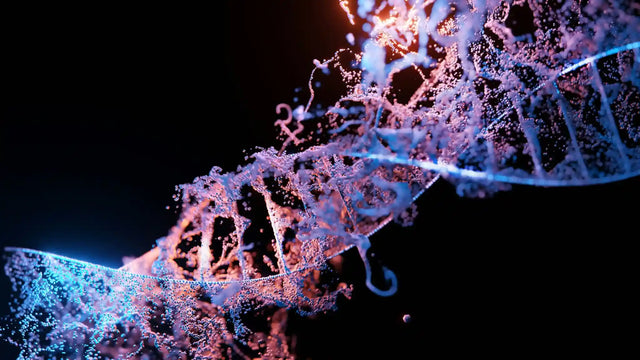News
Beyond DNA: The Role of Genetics in Sports Performance and Recovery RatesApr 28, 2025

Training Smarter: The Genetic Blueprint Behind VO₂ Max and Muscle GrowthApr 22, 2025

Can You Prevent Dementia? These 10 Strategies May HelpApr 10, 2025

How to Lower Your Risk of Alzheimer’s Before It Takes HoldApr 10, 2025

Understanding Adipogenesis & DNA Methylation: Role in Obesity & DiabetesApr 09, 2025

6 Powerful Ways to Prevent Memory Loss and Stay SharpApr 07, 2025

How Your Genes Influence Resting Metabolism and Weight GainApr 04, 2025

How Genetics Affect Weight and MetabolismMar 27, 2025

